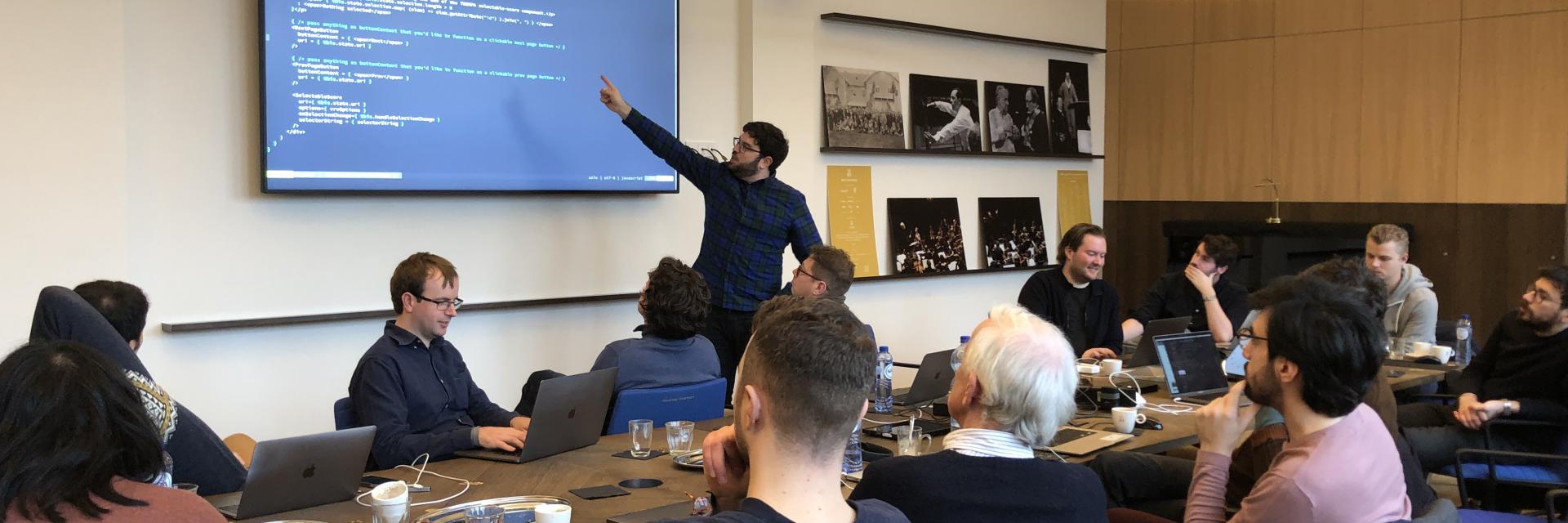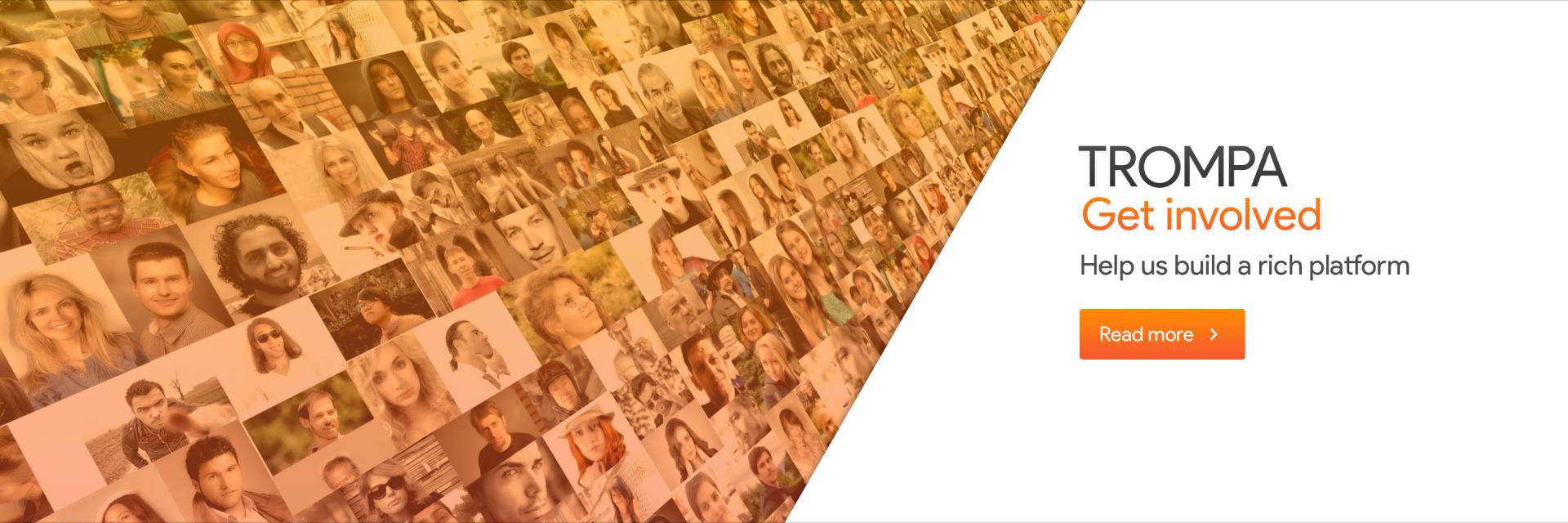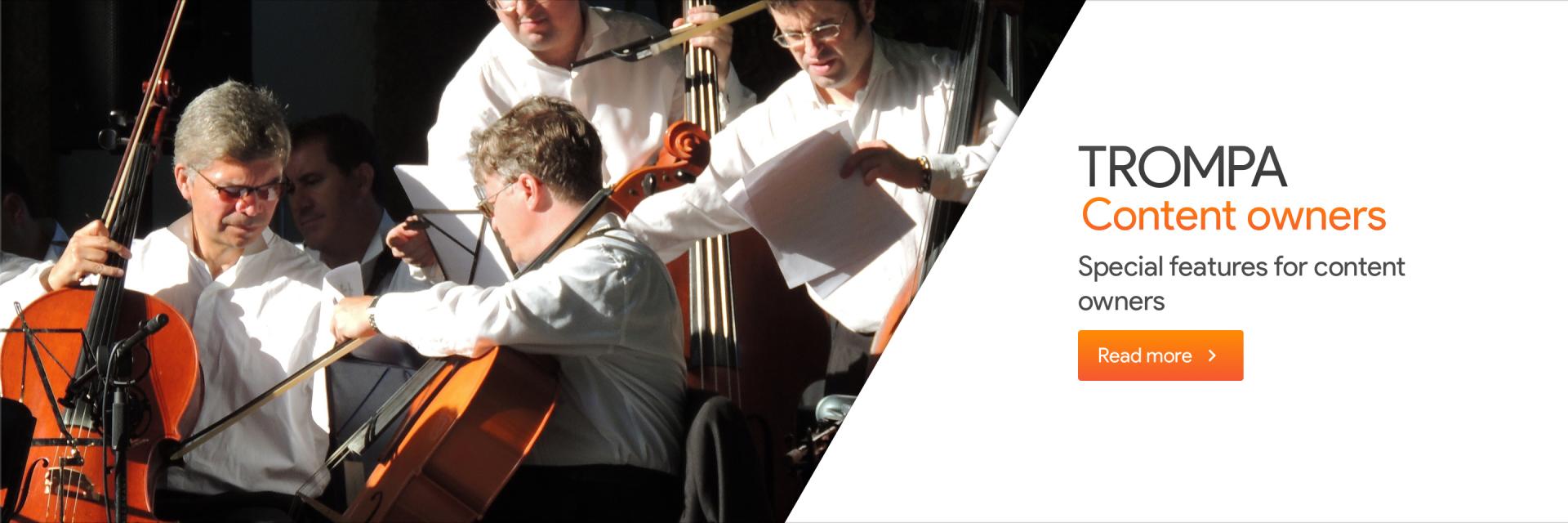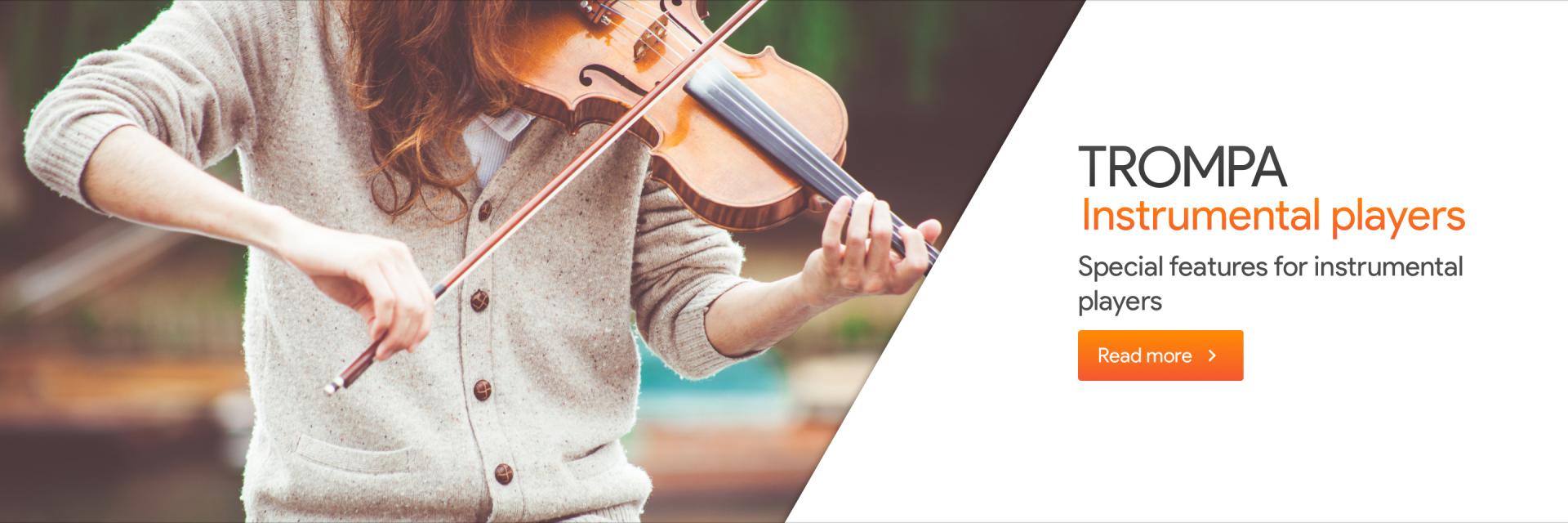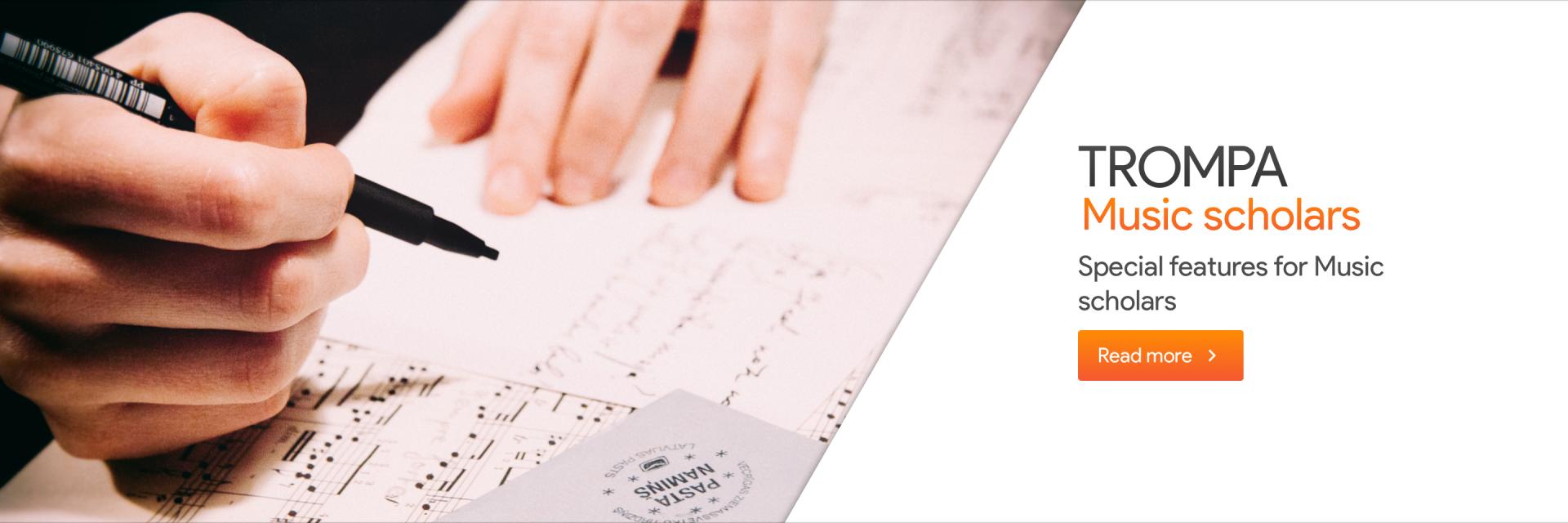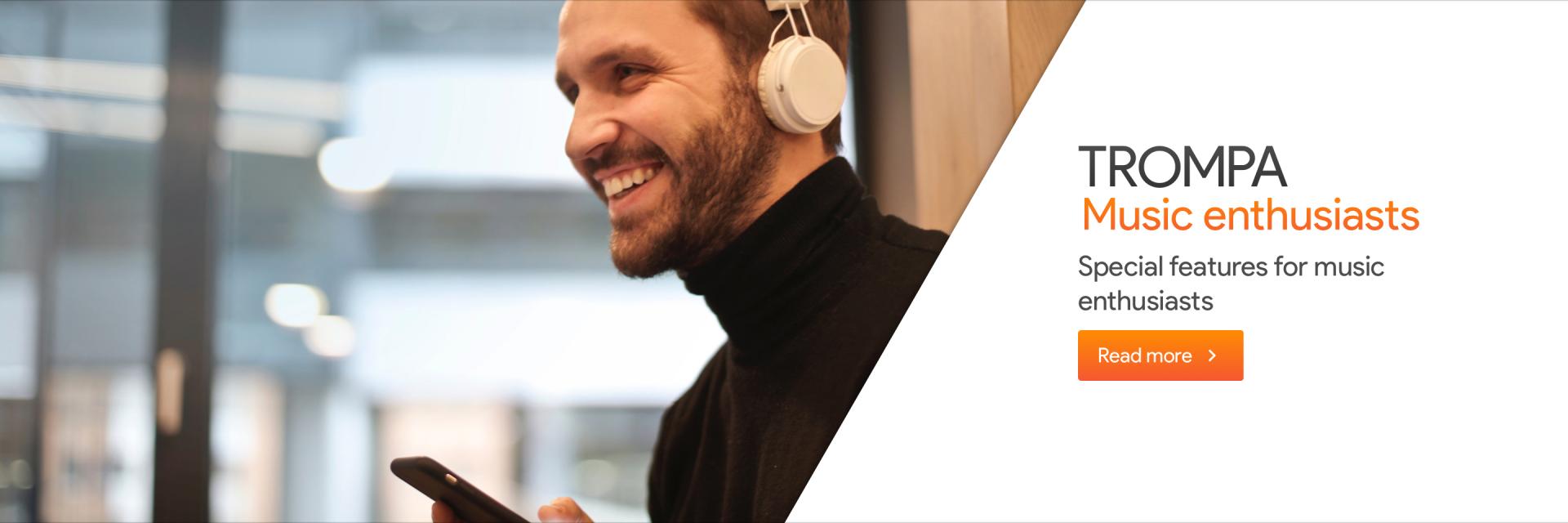TROMPA



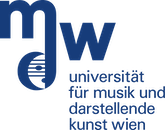
.png)




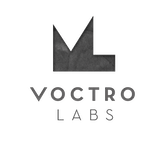
Use Cases

Music Scholars
We will support and innovate musicological research processes by offering richer digitisation pipelines, increased-efficiency annotation of music material, and user-friendly ways to automatically search and analyse musical data and link related resources across modalities and collections.

Instrumental Players
We will offer ways for instrumentalists to explore archives of scores and corresponding performances in multimodal ways beyond directed text search, learn about various performance interpretations, estimate how challenging a new repertoire piece will be to learn, and inform and improve individual performance strategies based on existing corpora of available recordings.
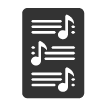
Content Owners
Content owners, such as orchestras, are an important intermediate user category for digital music resources, and play an important role in developing commercial exploitation possibilities and growing new audiences for these resources. Both from a technological and business modeling perspective, we will investigate digitisation, annotation and sharing infrastructure for privately-governed archive material from orchestras, relating to public-domain musical score information.
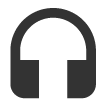
Music Enthusiasts
We will propose novel and playful interaction mechanisms for musical cultural heritage content aimed at people without formal musical knowledge, but with interest in learning more about music. The audience considered for requirements and validation will be recruited at cultural and science festivals.
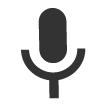
Choir Singers
We will leverage knowledge of existing performance interpretations and repertoire to offer novel interactive feedback mechanisms surrounding rehearsals. We will employ (multi-lingual) singing voice synthesis mechanisms to automatically generate study and feedback solutions for amateur vocal performance (e.g. virtual choirs with flexible toggling of parts).

